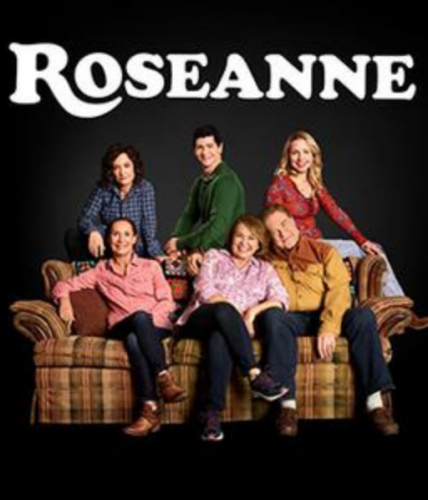Roseanne Barr is no stranger to controversy. She’s upset people on all parts of the political landscape, though more recently she’s leaned toward conspiracy theories and racism. And so, U.S. liberals didn’t enjoy the return of Roseanne – the TV show – for a 10th season in 2018. And by the end of that season, the show booted Barr and the network renamed it The Conners.
I recently watched Season 10 – along with a selection of episodes from the first nine seasons. My sense is that most of the show’s critics either didn’t watch it or didn’t get it. Many American liberals and progressives want their TV shows to practice prefigurative politics – they want TV to reflect their ideal visions of the world. In some rare cases, as with liberals and The West Wing, this degenerates into complete fantasy politics.
Roseanne never did that, and it certainly didn’t do that in Season 10. The show engaged with the world as it is, with the world’s biases, prejudices, and bad systems. And it often criticized those biases, prejudices, and systems in helpful ways.




